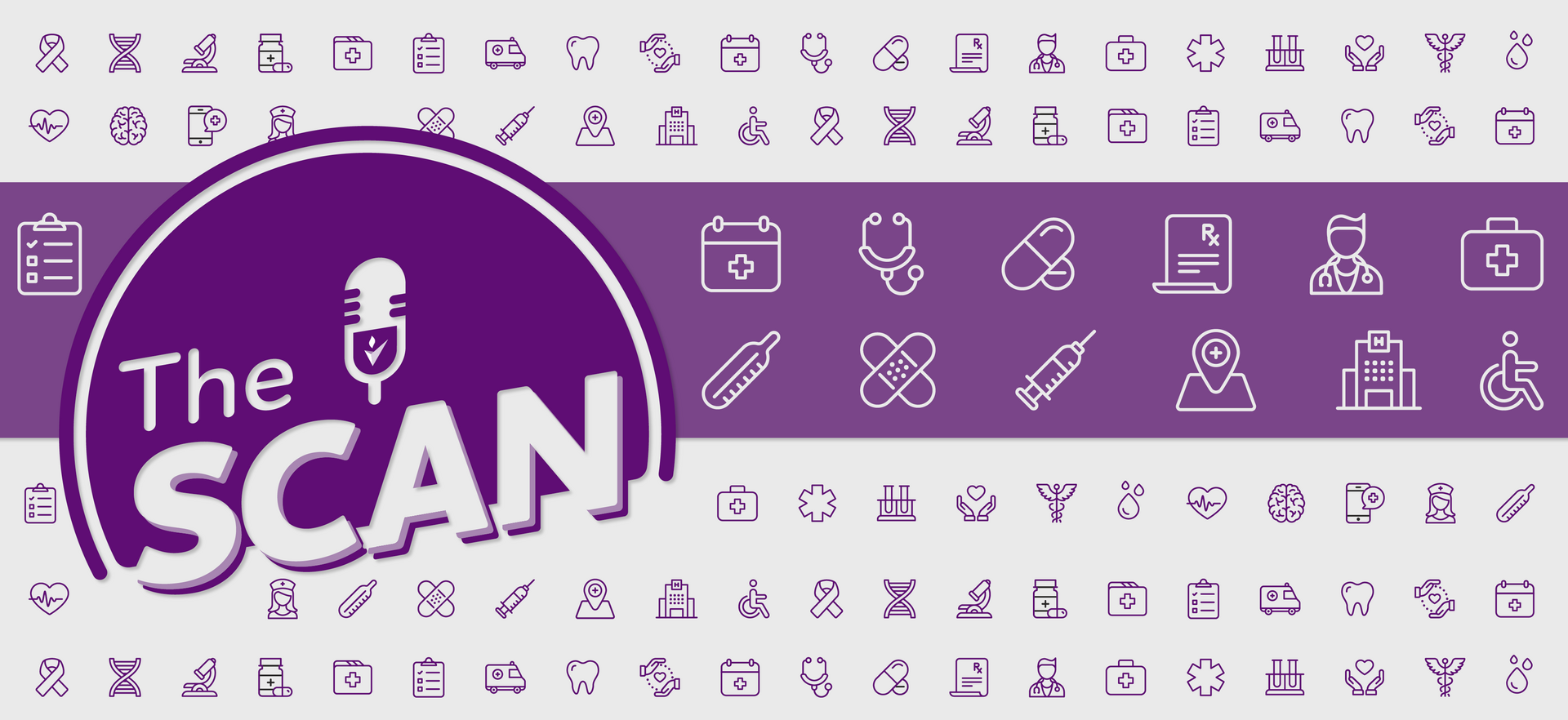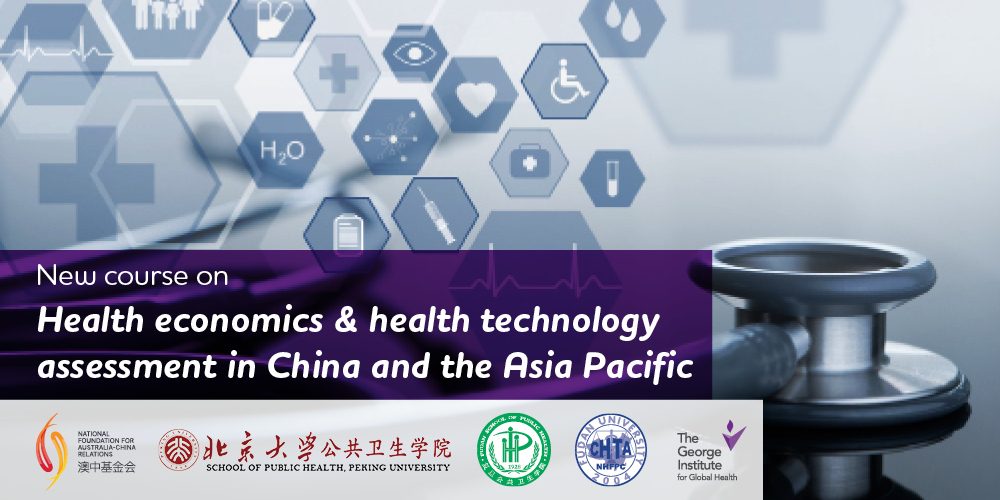The George Institute for Global Health is pleased to contribute a written submission to the Commonwealth Treasury on the consultation for the ‘Measuring What Matters’ Framework.
The George Institute joins our public health, consumer and social services colleagues in welcoming the establishment of the Framework in Australia.
“The implementation of a wellbeing approach to economic policy making presents an important opportunity for the Commonwealth Government to lead Australia into a healthier, more equitable society for current and future generations” said Senior Research Fellow in Food Policy at The George Institute, Dr Alexandra Jones.
“The increasing impacts of global environmental change, inflation and the cost-of-living crisis, and the ongoing ramifications of the COVID-19 pandemic, present significant challenges to all governments around Australia and globally.
“The development of the Framework, under the leadership of the Commonwealth Government, creates an opportunity to look for new ways of working together to better support the health and wellbeing of the community in the face of these challenges.”
Importantly, The George Institute’s submission also highlighted that the success of the Framework in Australia will also be determined by how it represents the needs of Aboriginal and Torres Strait Islander peoples.
“The ongoing impacts of colonisation are significantly influencing the health and wellbeing of Aboriginal and Torres Strait Islander people and communtiies” said Keziah Bennett-Brook, Program Head, Guunu-maana (Heal) Aboriginal & Torres Strait Islander Health Program at The George Institute.
“It is crucial that the Framework considers the cultural and spiritual determinants of health that underpin holistic wellbeing of First Nations communities and seeks to address these determinants in a meaningful way through resiprocity in policy development and implementaton”
“Often, we see policy has been developed through a lens of disadvantage and vulnerability thrust upon Aboriginal and Torres Strait Islander peoples and culture. This perpetuates harmful rhetoric that overshadows the ongoing strengths and resilience of First Nations peoples and knowledges.
“The Framework should take a strengths-based approach to developing indicators of determined by Aboriginal and Torres Strait Islander people and communities and provide ample funding that supports this approach.”
The George Institute is committed to the establishment of a wellbeing framework in Australia, and looks forward to contributing to its development.















